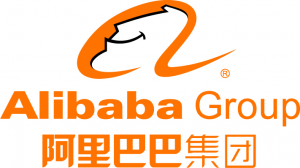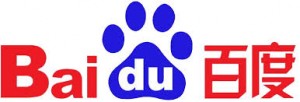Bottom line: Alibaba’s new lower-key approach to publicizing its fight against piracy is in response to an embarrassing spat with a major industry group, and looks like a smarter way to handle its anti-counterfeiting efforts.

Just days after a high-profile and embarrassing tussle with some of the world’s top luxury brands, e-commerce giant Alibaba (NYSE: BABA) is trying to put the matter in the past by reaffirming its commitment to fighting piracy outside an industry alliance it previously joined. At the same time, the company’s talkative chief Jack Ma was uncharacteristically quiet after a trip this week to Washington to meet with unspecified officials.
Anyone who has followed Alibaba for a while knows this kind of behavior is quite typical for the company. Alibaba’s is usually quite talkative and self-promotional, which reflects Ma’s own nature. But that high-profile behavior often magnifies the inevitable setbacks that occur for any company of this size, and Alibaba and Ma often go into “quiet mode” after such negative news. Read Full Post…









